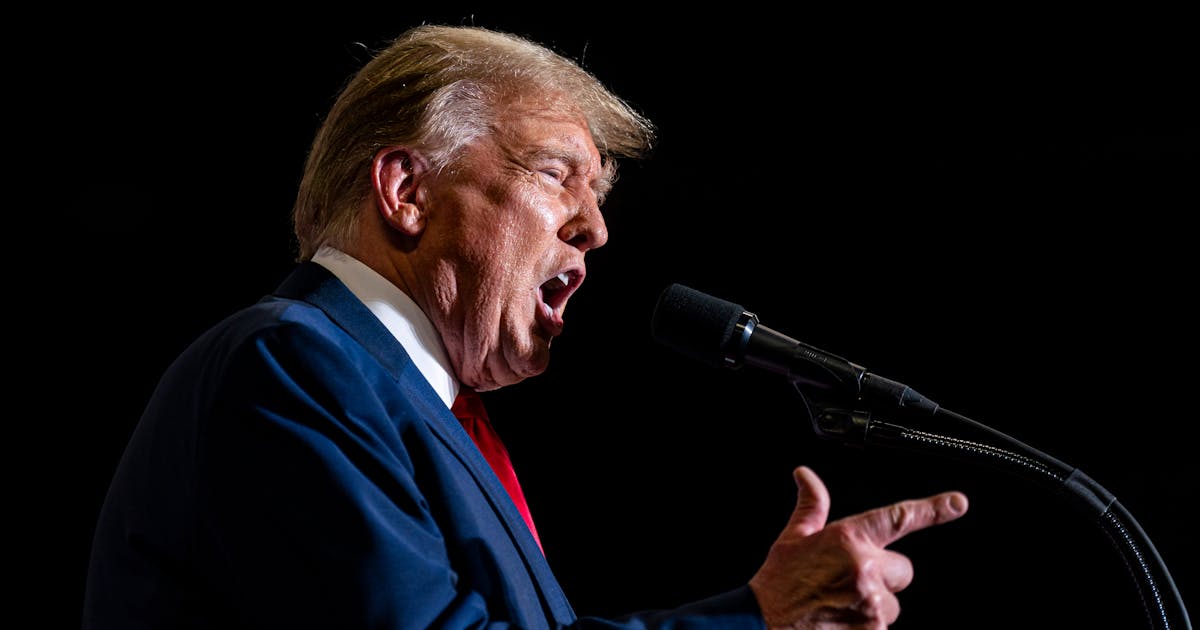There is a broader problem with the US Presidency: putting too much power in the hands of one individual. Arthur M. Schlesinger Jr. wrote about this problem in 1973:
 The Imperial Presidency
The Imperial Presidency - about
 Imperial presidency
Imperial presidency more generally.
But what makes a strong democracy? Surprising as it may seem to some people, it's a strong legislature or ruling council.
This is a consequence of the research of Steven Fish and his collaborators, first looking at post-Soviet countries, and then more generally.
Stronger Legislatures, Stronger Democracies | Journal of Democracy
also at
1. Fish pp 5-20.pmd - fish_steven_-_stronger_legislatures_stronger_democracy_-_en_-_standards.pdf (PDF file online)
He and Matthew Kroenig have composed a 32-item Parliamentary Powers Index. Several of these powers are powers of the legislature over the executive branch: oversight, appointment of officials, outright supremacy, etc.
Supremacy? Like this:
8. The country lacks a presidency entirely; or there is a presidency, but the president is elected by the legislature.
The legislature is actively at work:
27. The legislature is regularly in session.
The legislators have assistants:
28. Each legislator has a personal secretary.
29. Each legislator has at least one nonsecretarial staff member with policy expertise.
Legislative term limits are bad:
30. Legislators are eligible for reelection without any restriction.
31. A seat in the legislature is an attractive enough position that legislators are generally interested in and seek reelection.
32. The reelection of incumbent legislators is common enough that at any given time the legislature contains a significant number of highly experienced members.


